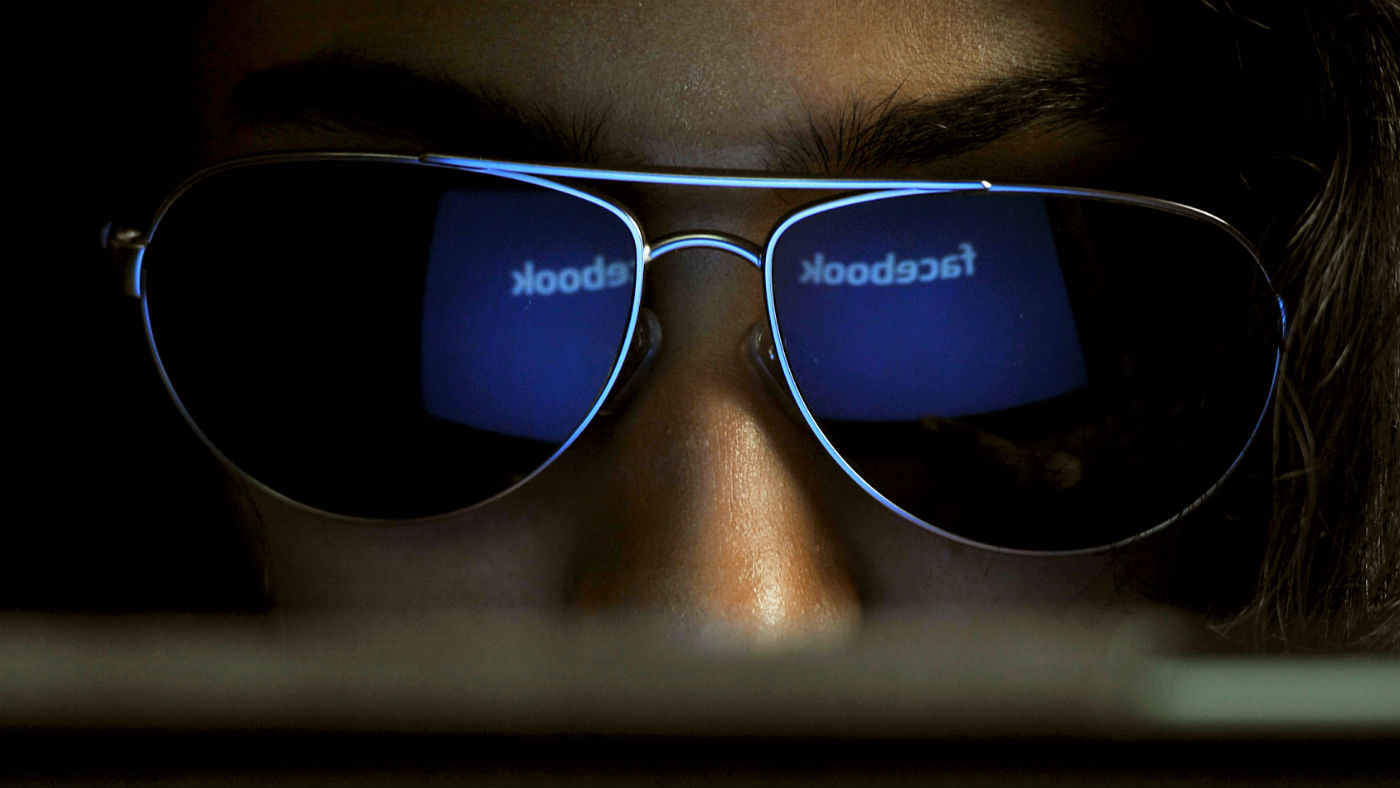How to check whether Facebook shared your personal data with Cambridge Analytica
New tool allows users to check if their information was harvested

A free daily email with the biggest news stories of the day – and the best features from TheWeek.com
You are now subscribed
Your newsletter sign-up was successful
Facebook has begun contacting up to 87 million users of the social media site whose information may have been improperly obtained by Cambridge Analytical - but not all of the affected account holders have been notified yet, according to media reports.
Mark Zuckerberg company said on Monday that affected users would receive detailed messages on their news feeds. However, some account holders are still waiting to find out, and are worried about whether the data on their Facebook profile is secure.
Luckily, the social media service has just released a tool that allows you to see whether their data was shared with Cambridge Analytica, reports The Verge. Just click this link (make sure you are logged in to your Facebook account first) and you’ll be taken to the “How can I tell if my info was shared with Cambridge Analytica?” page, where you can also update the privacy settings on your account.
The Week
Escape your echo chamber. Get the facts behind the news, plus analysis from multiple perspectives.

Sign up for The Week's Free Newsletters
From our morning news briefing to a weekly Good News Newsletter, get the best of The Week delivered directly to your inbox.
From our morning news briefing to a weekly Good News Newsletter, get the best of The Week delivered directly to your inbox.
According to The Guardian, Facebook users who accessed a personality quiz app called “This is your digital life” have the greatest risk of their information having been obtained by Cambridge Analytica.
Facebook’s privacy tool will also warn you if one of your friends used the affected app, the newspaper says, as your personal details may have still been obtained by the organisation.
The London-based political consulting firm worked for Donald Trump’s campaign team in the 2016 US presidential election and used the data to build a software program to predict and try to influence votes. It’s not yet known exactly what forms of information were harvested.
However, Alphr says some users have reported that their public profile and page likes have been used.
A free daily email with the biggest news stories of the day – and the best features from TheWeek.com
All 2.2 billion Facebook users will receive a notice on their feeds titled “Protecting Your Information” that will include a link to information on what Facebook apps they use and what information they have shared with them, reports The Sun. Users will have the option to shut off apps individually or turn off third-party access to their apps completely.